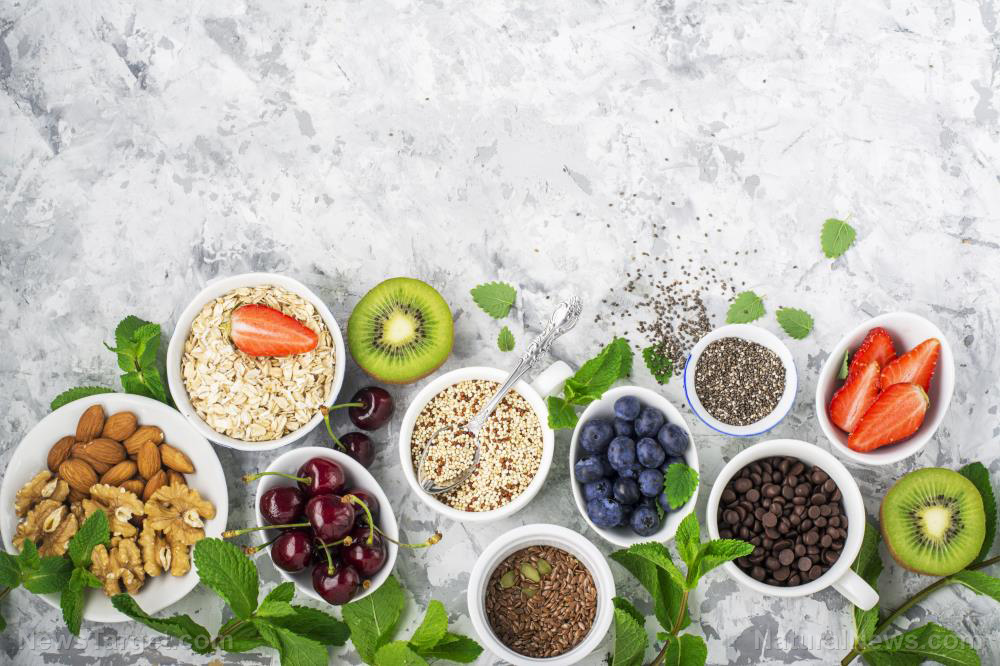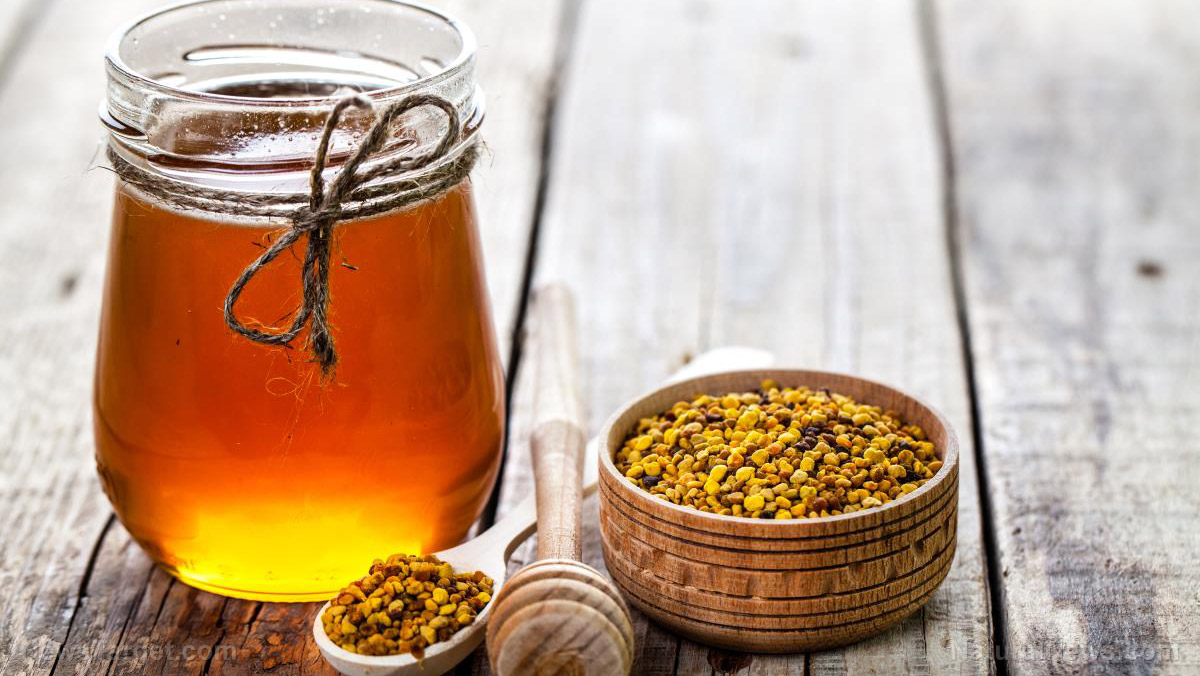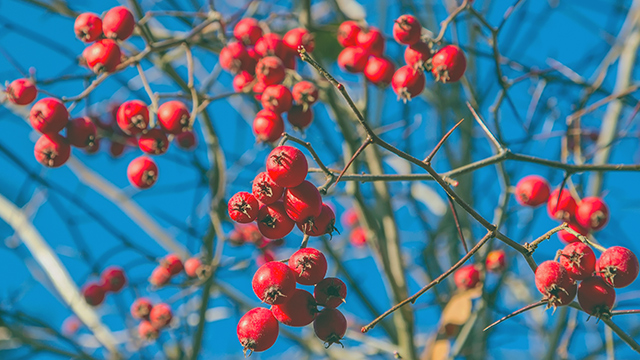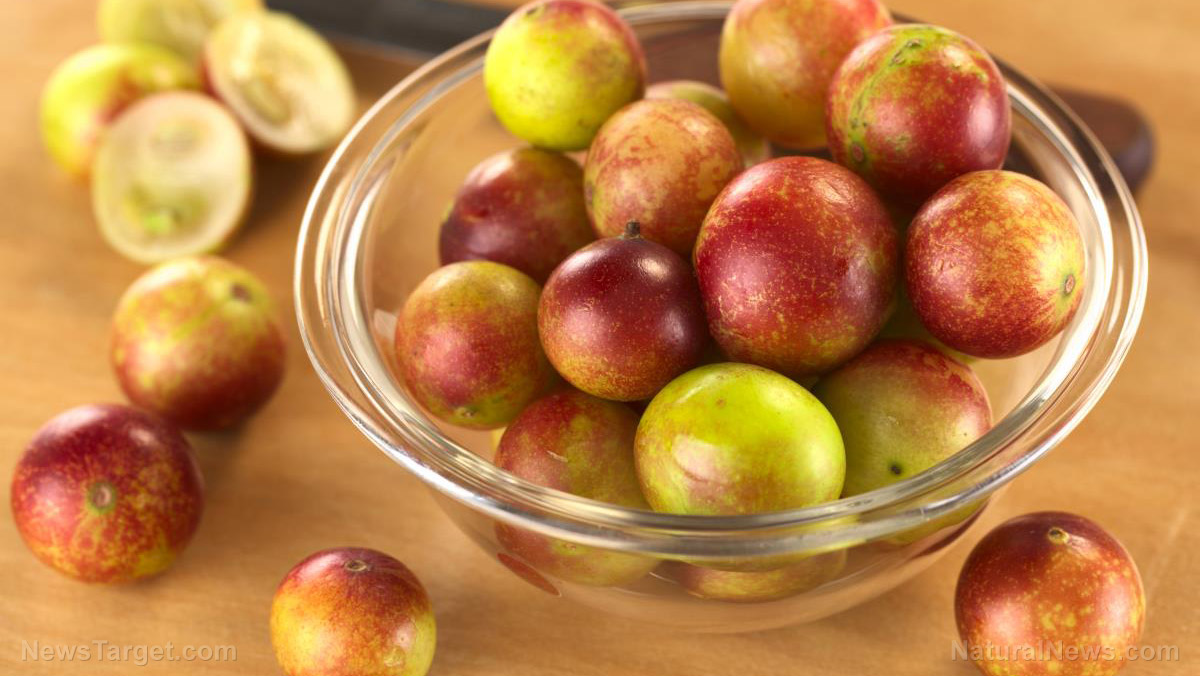Researchers examine the anti-inflammatory properties of blueberry polyphenols
01/05/2021 / By Evangelyn Rodriguez
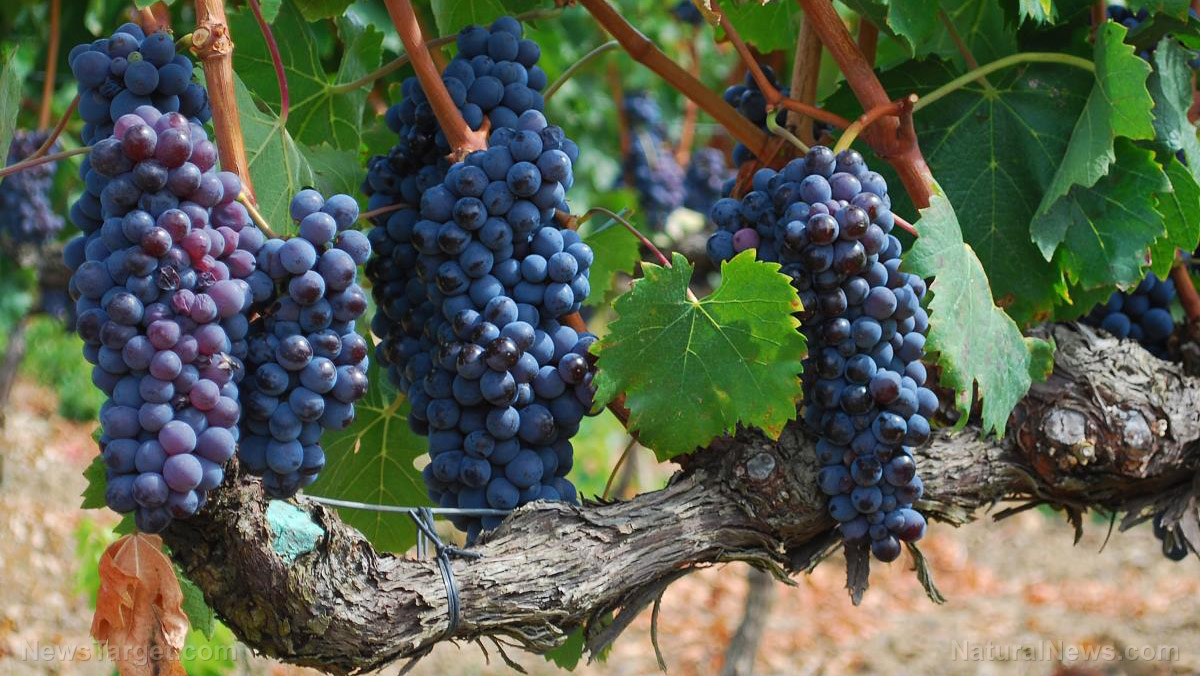
In this study, researchers at Texas Woman’s University investigated the anti-inflammatory properties of blueberry polyphenols (BBPs) using rabbit synoviocytes stimulated with tumor necrosis factor alpha (TNF-a). Their findings were published in the Journal of Medicinal Food.
- Rheumatoid arthritis (RA) is an autoimmune and chronic inflammatory disease that causes the destruction of joints and disabilities in older adults.
- The etiology of RA is poorly understood and there is no mainstream cure for this disease.
- According to research, the accumulation and proliferation of fibroblast-like synoviocytes may be involved in the destruction of cartilage associated with RA.
- On the other hand, in vivo and in vitro studies support the anti-inflammatory role of dietary polyphenols from fruits and vegetables.
- To examine the anti-inflammatory activities of BBPs against RA, the researchers stimulated rabbit synoviocytes (HIG-82) with TNF-a and treated them with different doses of BBPs.
- They reported that the pro-inflammatory cytokine TNF-a increased cell proliferation by around 19 percent, but BBP treatment significantly decreased cell proliferation in a dose-dependent manner.
- Cells treated with BBPs also showed decreased levels of interleukin (IL)-1B and nuclear factor-kappa B (NF-kB).
- Meanwhile, reverse transcription–polymerase chain reaction (RT-PCR) results revealed that matrix metalloproteinase 3 expression increased fivefold in the control TNF-a-stimulated group but decreased by threefold in the BBP-treated group.
Based on these findings, the researchers concluded that blueberry polyphenols can reduce inflammation associated with RA by downregulating the expression of pro-inflammatory cytokines and the transcription factor, NF-kB.
Journal Reference:
South S, Lucero J, Vijayagopal P, Juma S. ANTI-INFLAMMATORY ACTION OF BLUEBERRY POLYPHENOLS IN HIG-82 RABBIT SYNOVIOCYTES. Journal of Medicinal Food. 11 October 2019;22(10):1032–1040. DOI: 10.1089/jmf.2019.0046
Submit a correction >>
Tagged Under:
This article may contain statements that reflect the opinion of the author
RECENT NEWS & ARTICLES
COPYRIGHT © 2017 SUPER FOODS NEWS



